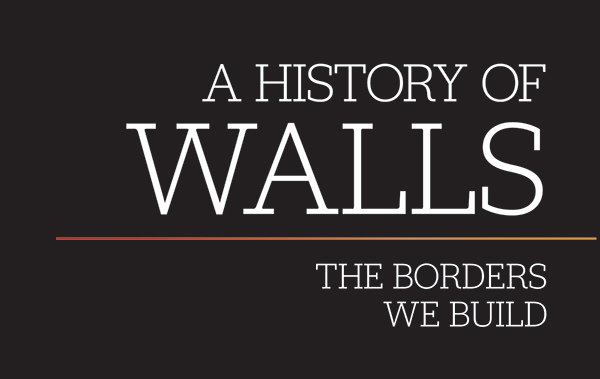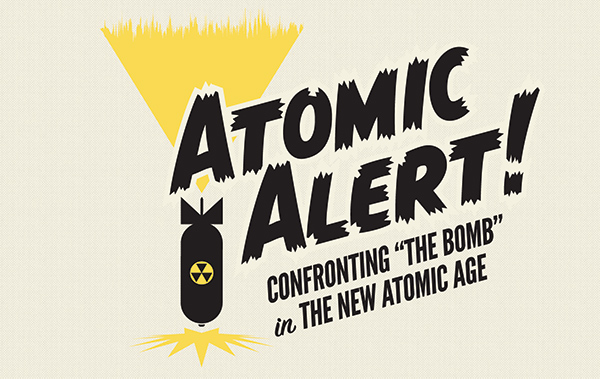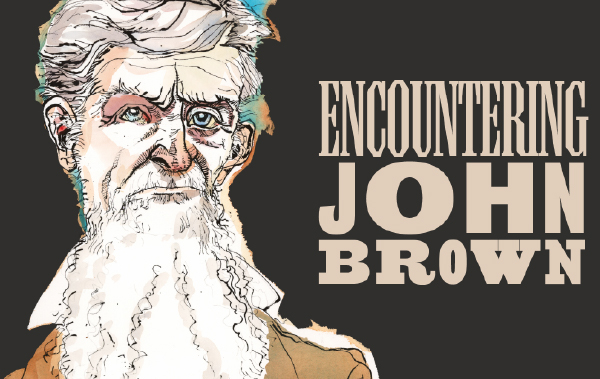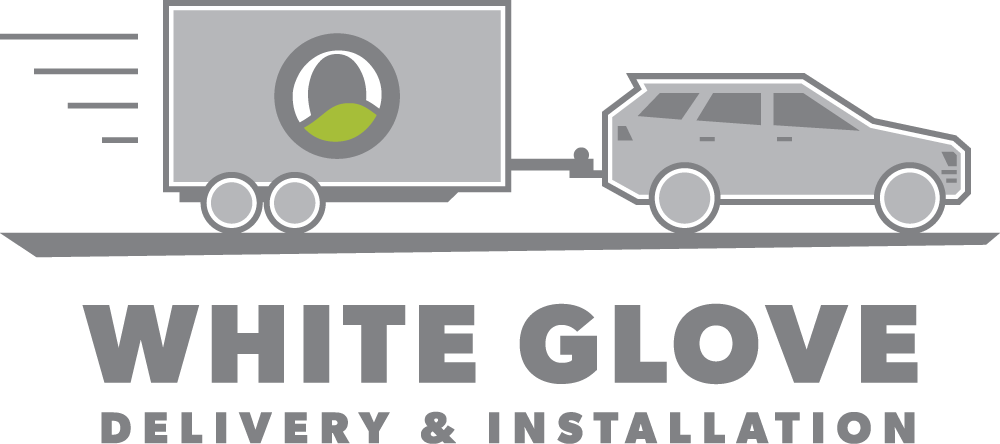

This exhibit is currently available.
Reserve the exhibit!Atomic Alert!
Confronting “The Bomb” in the New Atomic Age
Traveling Exhibit
The Soviet Union’s detonation of its first atomic bomb on August 29, 1949, thrust the United States into a new and more precarious era. Just four years after celebrating victory in World War II as the only nation with an atomic bomb, Americans now found themselves confronting the probability of an atomic war.
Over the next decade, the government, through the newly formed Federal Civil Defense Administration, issued posters, pamphlets, and related materials; offered training courses; sponsored civil defense conferences; and worked in cooperation with state and local civil defense entities as well as the private sector to prepare men, women, and children for the day “the bomb” might fall.
Atomic Alert!: Confronting “The Bomb” in the New Atomic Age explores the government’s efforts to educate Americans about what to do before an atomic attack; how to react to a sudden, blinding flash; and what action to take in the aftermath of an atomic blast.
Visitors to Atomic Alert! will:
- learn more about the FCDA’s efforts to promote the nation’s civil defense program;
- explore how Americans prepared themselves and their families for when the bombs might fall; and
- consider how an earlier period in American history sparked a similar national reaction to a threat to the American way of life.
Featuring artifacts and interpretation from Michael Scheibach, Ph.D., independent scholar and author, Atomic Alert! offers a unique opportunity to revisit the early atomic age when the world was divided between two atomic-armed adversaries: the United States and the Soviet Union.

- Exhibit fee Starts at $120/day
- Duration Flexible!
- Target audience Ages 8 and above
- Square footage for full exhibit 1,500 ft2
- Shipping fees use cost estimator

Atomic Alert! features a large interactive called “When the Bomb Falls,” which allows visitors to explore the impact of a nuclear blast on a geographic area. From the innermost circle, where survival is near impossible, to the outer edges of the blast radius, where the immediate impact is less severe but the threat of radiation from fallout remains. Featuring a large sculptural a-bomb, “When the Bomb Falls” draws visitors closer, all while exploring the dangers of proximity to an atomic explosion.
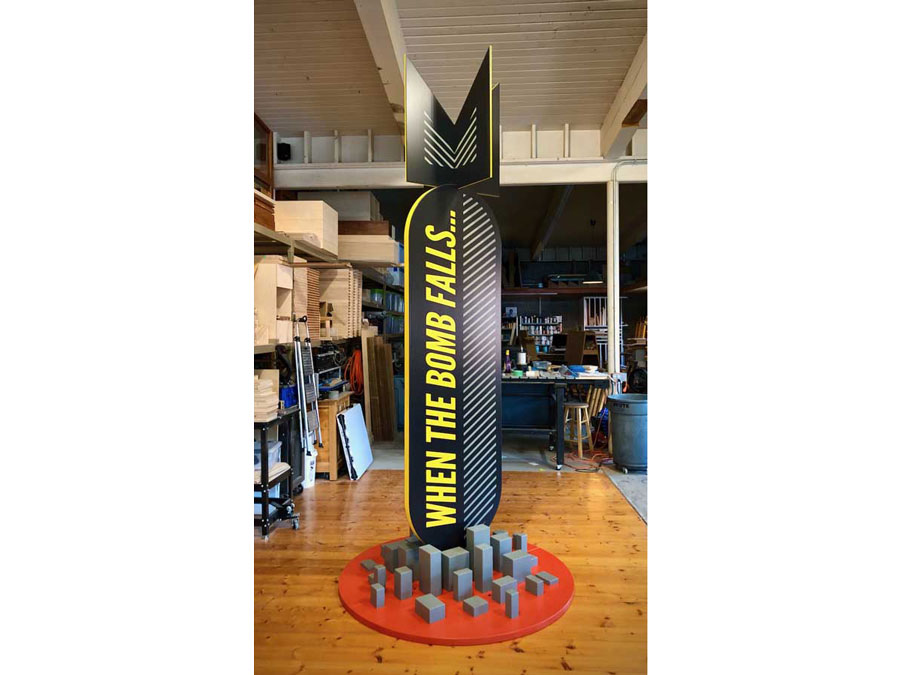
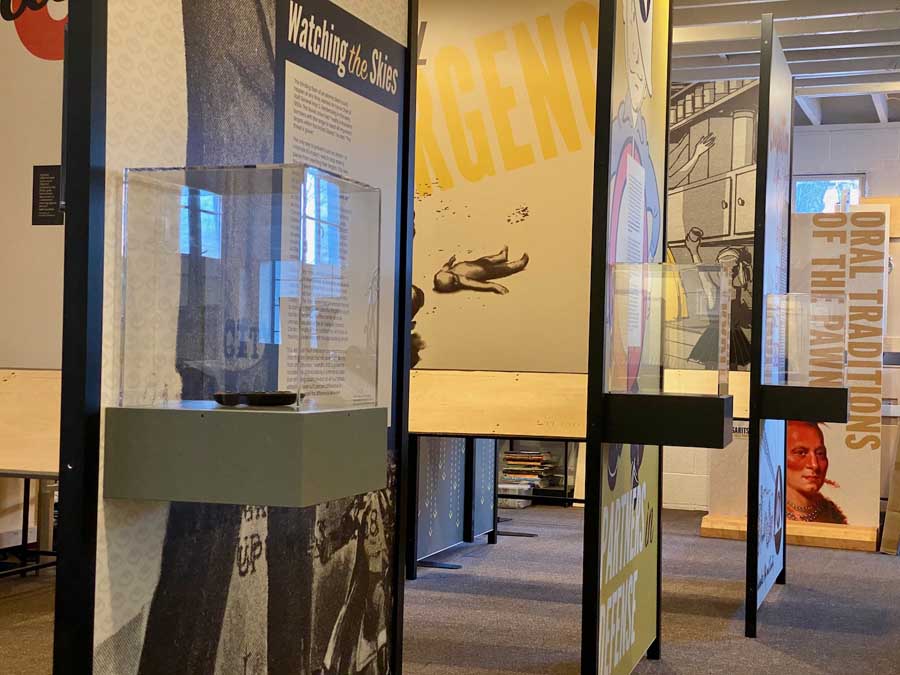
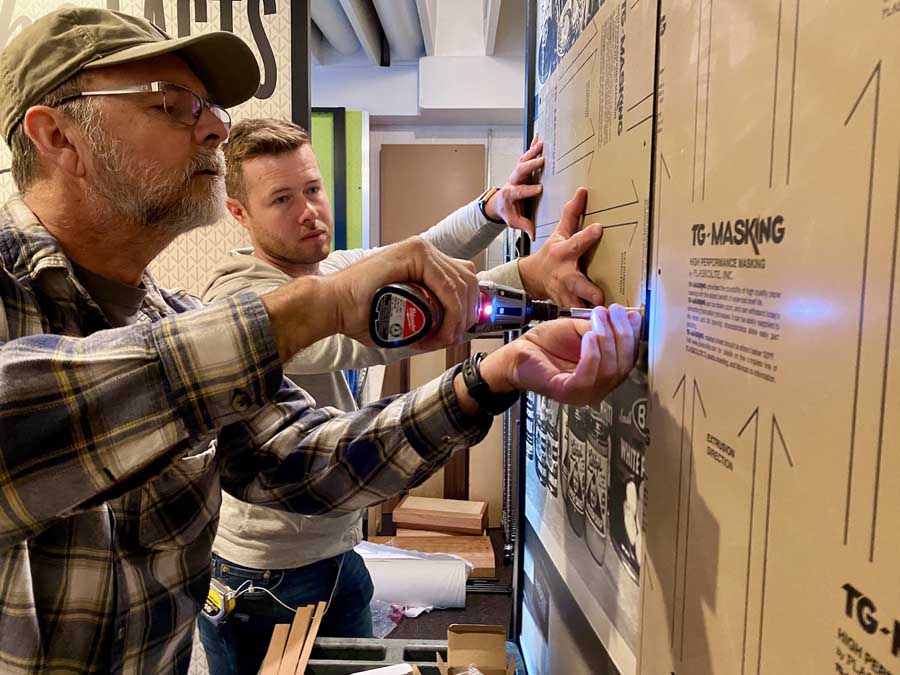
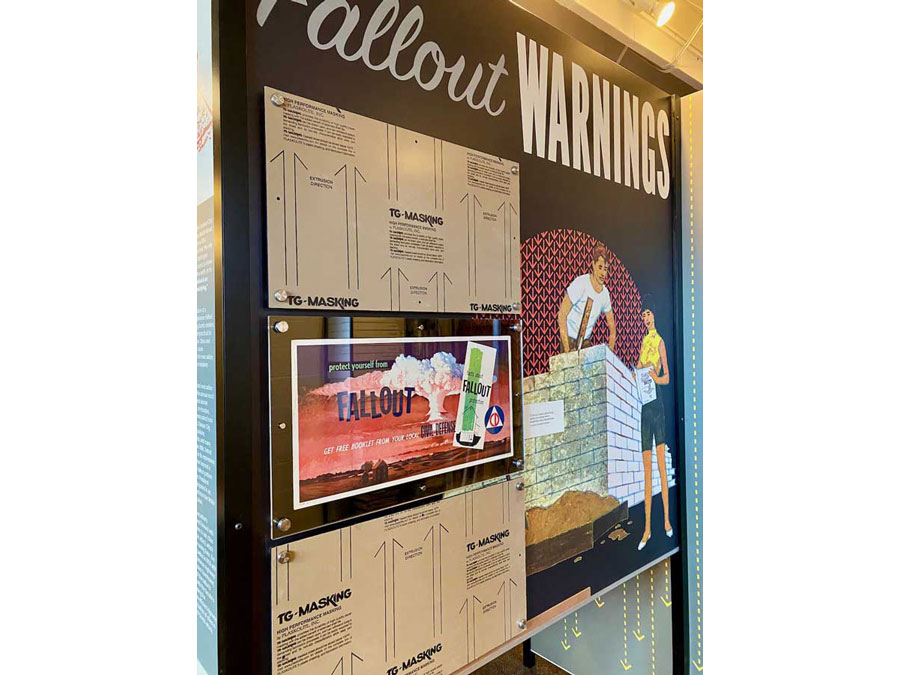
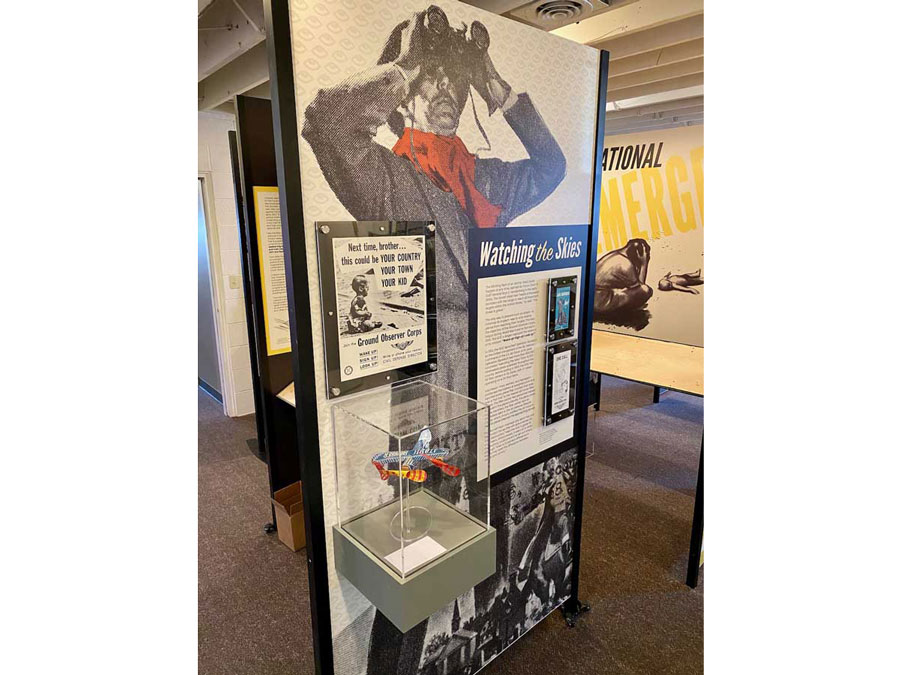
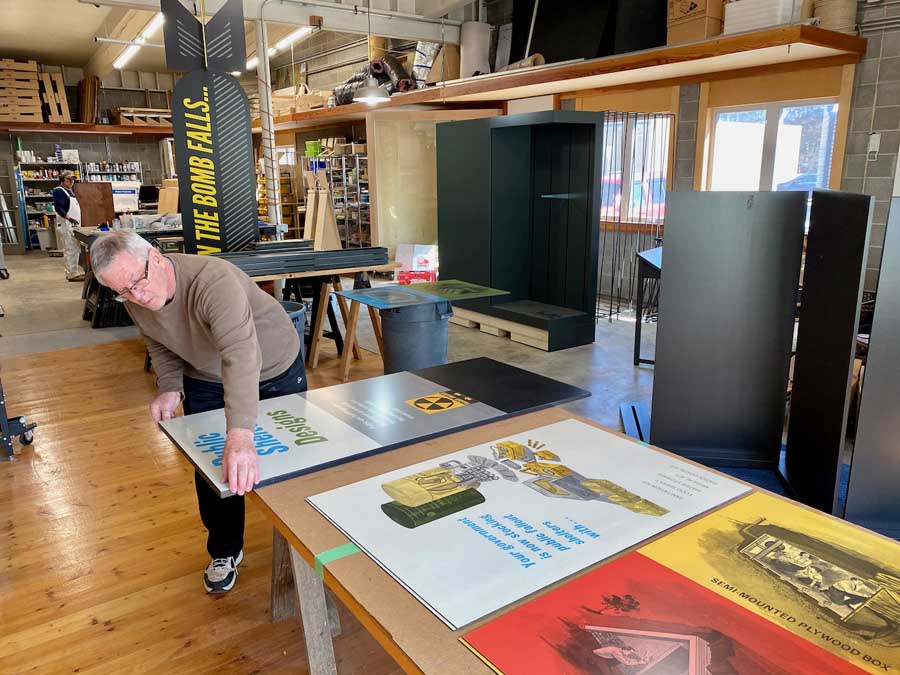
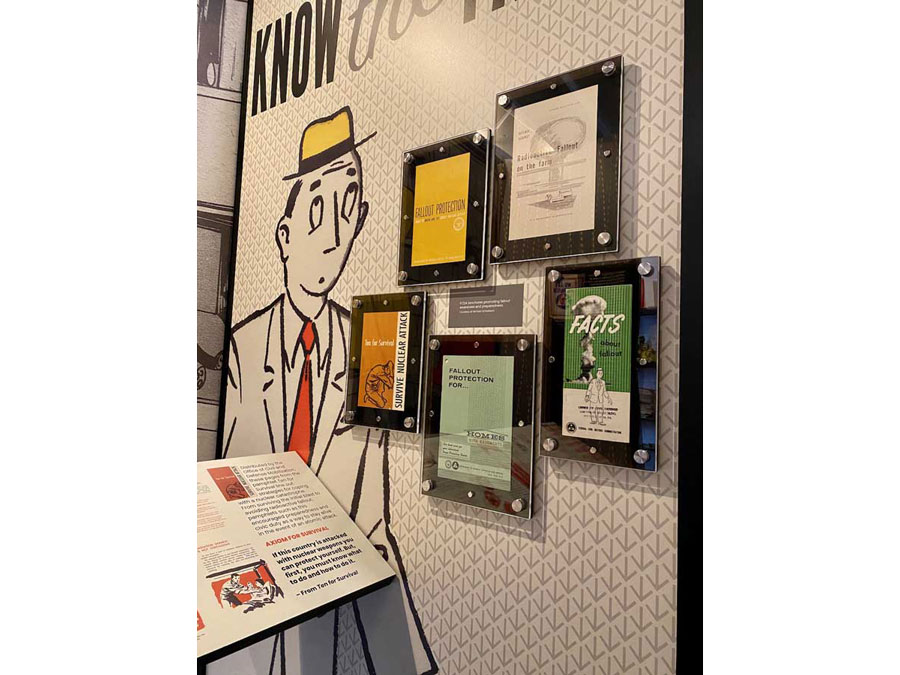
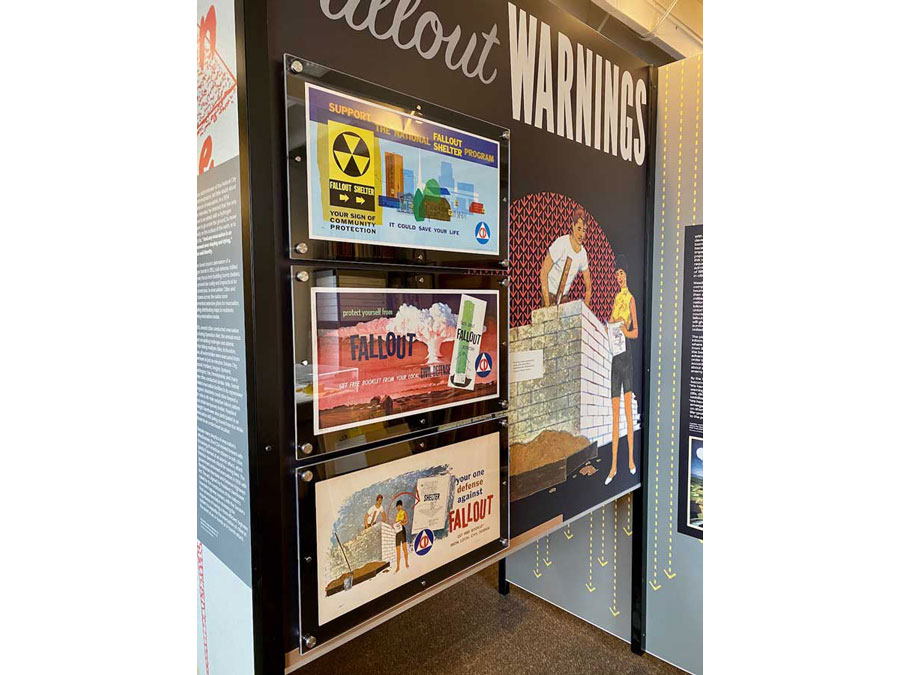
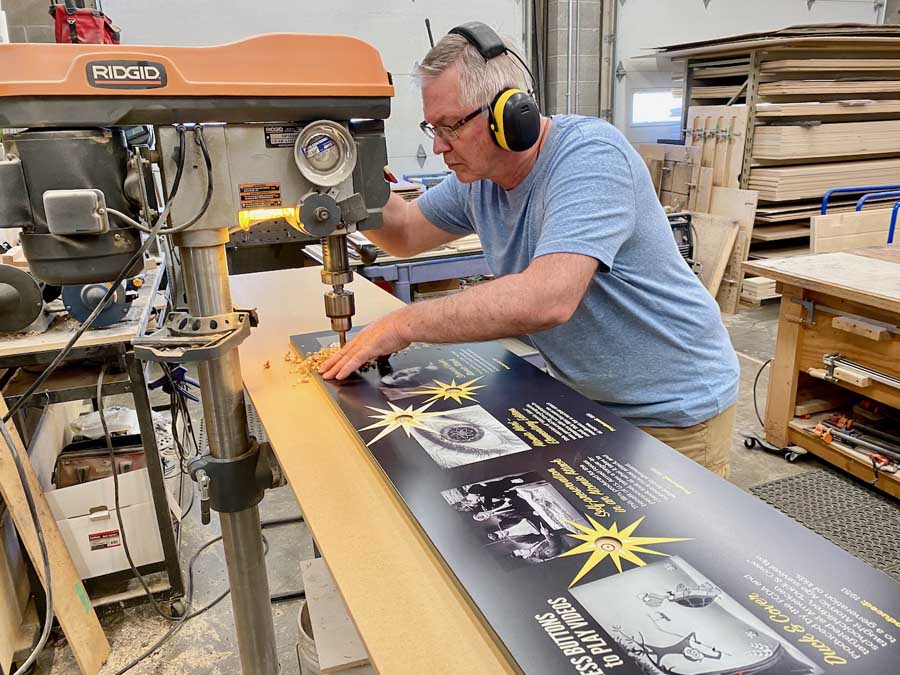
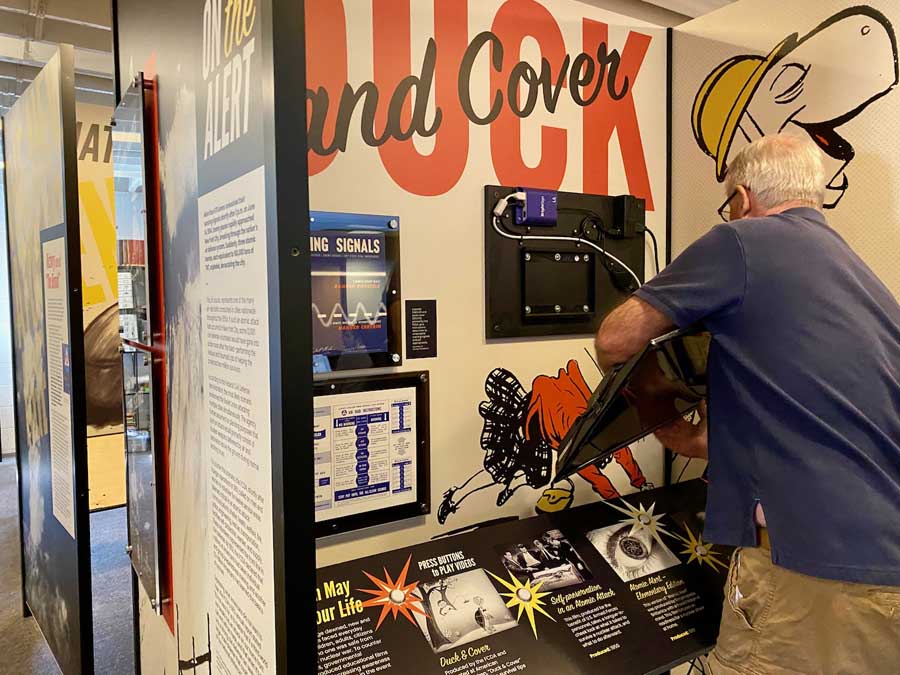

"Partners in Defense" unit

"On the Alert" unit

"Fallout" unit

Fallout diagram

A Special Collection
Atomic Alert! features posters, brochures, stand-up displays, and other educational material produced by the Federal Civil Defense Administration to prepare everyday Americans for the possibility of nuclear war. Hand-picked from the extensive collection of scholar Michael Scheibach, the artifacts evoke what life was like for Americans at the dawn of the Atomic Age.
Included A/V Content
Atomic Alert features a touchscreen kiosk featuring vintage FCDA educational titles, including "Duck & Cover" starring Bert the Turtle!

Delivered & Installed
We deliver and install the exhibit, while you sit back and watch! It only takes a few hours to setup.
We dare you to find a traveling exhibit of this scale that takes less of your staff’s precious time!
Delivery & Installation Process
Resources to Help You Succeed
The Atomic Alert exhibit comes with a growing list of resources to help you do your job.
- Social media images for you to post
- A sandwich board to put outside your museum
- A vinyl banner you can install if you’d like
- A sample press release you can customize
- An exhibit poster you can print and post around town
Atomic Alert Schedule
Past Bookings
| Mar 18 - May 6, 2020 | Museum of Russian Icons, Clinton, Massachusetts Cancelled - COVID-19 |
| Mar 15 - Jun 18, 2021 | Historical Society of Clay County, Moorhead, Minnesota |
| Jun 28 - Aug 15, 2021 | Museum of Russian Icons, Clinton, Massachusetts |
| Jul 10 - Jul 13, 2024 | Osage County Fair, Osage City, Kansas |
| Sep 7 - Nov 2, 2024 | Mississippi Dept. of Archives & History, Jackson, Mississippi |
Schedule a Presentation with the Curator

Michael Scheibach
Michael Scheibach, Ph.D., curator of Atomic Alert!: Confronting “The Bomb” in the New Atomic Age, is an independent scholar specializing in the history of the early Cold War from 1945 through the 1960s. Dr. Scheibach is also a collector of artifacts and is the author of Atomic Narratives and American Youth: Coming of Age with the Atom, 1945-1955; Protecting the Home Front; In Case Atom Bombs Fall; Atomics in the Classroom; Alert America.
Schedule a PresentationSpeaker Information
Honorarium $400 + Travel Expenses
Presentation Topics
- The Early Cold War: The Atomic Bomb, the Soviet Union, and “Mutually Assured Destruction”
- Living with the Atomic Bomb: Popular Culture and “The Bomb” in the 1950s and early 1960s
- Protecting the Home Front: The Role of Women in Civil Defense in the Early Cold War
- Atomics: The Atomic Bomb, Education, and School Students in the Early Postwar Era
- The Baby Boom Generation: Coming of Age with the Atomic Bomb
- Duck and Cover: Civil Defense Drills and Mock Air Raids in the 1950s
- Safeguarding Democracy in the Atomic Age
- Atomic Alert: Confronting “The Bomb” in the Early Cold War
- “The Bomb” and American Society in the 1950s and 1960s
- Alert America: The Atomic Bomb and the 1952 Government Exhibit “That May Save Your Life”
